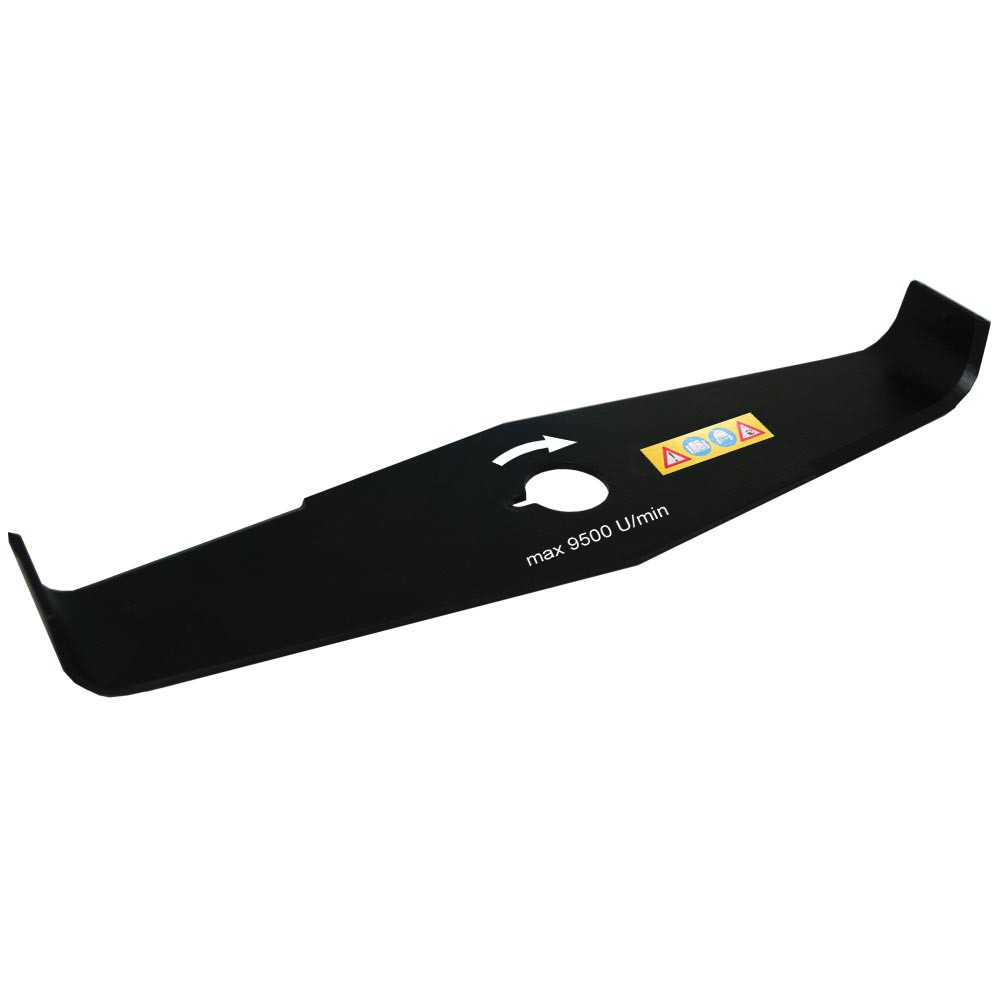Remember that blackberries grow by above ground runners, so the plants are often connected. If you spray one, you might kill several.
No offense, but as someone who has spent most of my years in a state where fighting blackberries is a full time occupation, roundup isn't even slightly effective on Blackberries. The only truly effective thing to do is to mow them down to dirt, often and let your cows eat the fresh greens as they are tender.
The sprayed blackberry vines are much more of a pain to deal with than fresh ones. when they get dried and brittle the thorns will easily puncture a thick pair of leather gloves.
For your situation I would recomend mowing the section down to dirt up to as close to the fence line as you want and then trim the rest back a bit, for eating blackberries the berries grow on the last years new growth so you don't want to cut off all of last years new growth or you won't have any berries.
Personally I find about a 6' tall hedge of blackberries ~3ft thick is ideal for picking but I prefer to maintain a hedge like wall so you can more easily pick. Another thing for picking is that the east facing berries will be much more supple and large...
Good luck to you!








